I am learning about Symfony and Doctrine and created a simple site but I am stuck at this step.
I have two tables: users and languages
Users Contains: id, username ...
Languages Contains: user_id, language...
Now I am trying to fetch by language, like: get user who speaks both english and french and the result would return user id 2
In plain PHP i can do inner join with PDO, but I am trying to follow the doctrine syntax and this does not return the correct result
public function getMatchingLanguages ($a, $b) {
return $this->createQueryBuilder('u')
->andWhere('u.language = :val1 AND u.language = :val2')
->setParameter('val1', $a)
->setParameter('val2', $b)
->getQuery()
->execute();
}
I call this method in my controllers, and the query is pretty basic since I can not find a documentation how to do the joins as per my example

